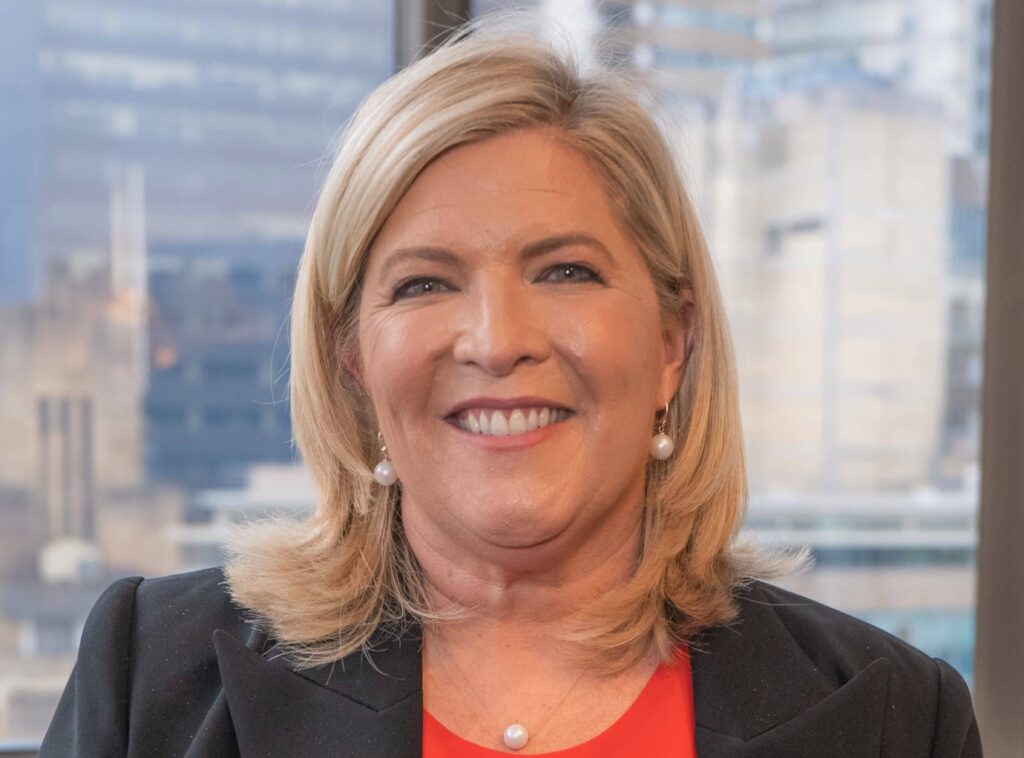Bronnie Taylor might be the most senior woman in the NSW government right now, but she never had ambitions for politics. Verbatim, she had “absolutely no interest”. Her heart was always in healthcare.
After studying nursing, she spent the first 20 years of her career specialising in cancer and palliative care, becoming one of the first McGrath Foundation breast care nurses before being appointed to Director of Cancer Services in the Southern NSW Local Health District.
It was here that she began to see the gaping holes in medical service facing regional patients and her prospective power as an unlikely lobbyist.
“For me, it was really confronting to look at the choices that my cancer patients had where I was working compared to what they had in Sydney, and that really got under my skin”, she shares.
After her first efforts resulted in the successful establishment of a local oncology centre in Monaro providing regional patients access to the same quality health care as patients in the city, Taylor set her sights on local government, serving as the Deputy Mayor of the Cooma-Monaro Shire. It wasn’t long before an eager National Party came knocking, urging her to run for the NSW Legislative Council.
Speaking of the experience, Taylor laughs. “You never know which way things are going to fall”.
“I never would’ve gone and approached them or put my hand up or anything. I was like, ‘Oh, my God’. I went home, and said to my husband, ‘You wouldn’t believe what happened to me today?’”
But her bemusement shifted to confidence, and in 2015 she was elected.
Her rise through the party was swift from then on. In January 2017, she became Parliamentary Secretary to the Deputy Premier and Southern NSW. And following the 2019 state election, Taylor was appointed as the Minister for Mental Health, Regional Youth and Women in the second Berejiklian ministry.
When she was approached by party stakeholders in 2021 about the possibility of taking up new portfolios, Taylor’s message was clear: “No, I’m keeping women. I’m keeping mental health and I want regional health too.”
Indeed, Taylor’s heart was still in healthcare, and in a few short years she has spearheaded a range of significant policies across women’s health including an Australian-first, $40 million investment in menopause, with the government establishing four new hubs and 16 holistic menopausal services across the state.
The project is now well underway with the government partnering with Ochre Health, a leading provider of healthcare to rural, regional and urban communities around Australia. “We’ve actually put investment into them to start education for their GPs because the first person you go to is your GP”, says Taylor.
Women’s health has been encouragingly prioritised in other ways too, with pads and tampons becoming free in NSW schools, and breast screening given a boost last week with the announcement of four new BreastScreen NSW vans in regional and remote communities– an investment of $21.7 million.
But while the NSW government has made some notable strides with Taylor as Deputy, she’s upfront about the need for more women at the decision making table to keep generating necessary traction.
It’s hard to envisage an issue like menopause garnering the support it needed for instance, without Taylor telling a predominantly male Expenditure Review Committee: “No, you will look at me and we’re going to discuss this. This is important.”
So is it a background in nursing that makes Taylor such a deft politician?
“It’s quite interesting, there’s a few of us lurking around” she notes, mentioning federal Labor Deputy Health Minister, Ged Kearney (whose background is in nursing too) as well as Emma McBride, the ALP member for Dobell.
“I think nursing teaches you equity of access to healthcare and the fact that we have an amazing health system. You know that the results that can be achieved are pretty phenomenal if you get the right treatment and the right care”, she says.
But it’s the problem solving that she’s learned through nursing that Taylor views as her secret weapon, a skill common within highly feminised care industries, she says.
“I think as nurses, we’re really good problem solvers. Give us a really terrible wound and we’ll work out a way to heal it. You don’t actually realise that at the time.
“This is where I think the potential for women is so enormous because we start things that we don’t realise how transferable our skills are. I think that’s changing” she adds.
Still, she acknowledges the immense pressure and burnout facing these sectors and the need to do more at a policy level to offer better support. A new report commissioned by the NSW Nurses and Midwives’ Association found 15 per cent of nurses and midwives in New South Wales had reported symptoms of PTSD. While almost 60 per cent of nurses and midwives reported plans to leave their job in the next five years.
“They’re coming through a lot of their own trauma as well,” says Taylor. “Then with workforce shortages, which are just not in health but everywhere and internationally, it’s really difficult. What do we do about it? We’ve got to look after them. We’ve got to let them know that they’re valued”, she says.
She also suggests that ongoing media negativity is exacerbating the problem. “I worry about this constant barrage of negativity on our health service, on our education system. I don’t mean to sound all cloudy and lofty, but we’ve got to work together here”.


